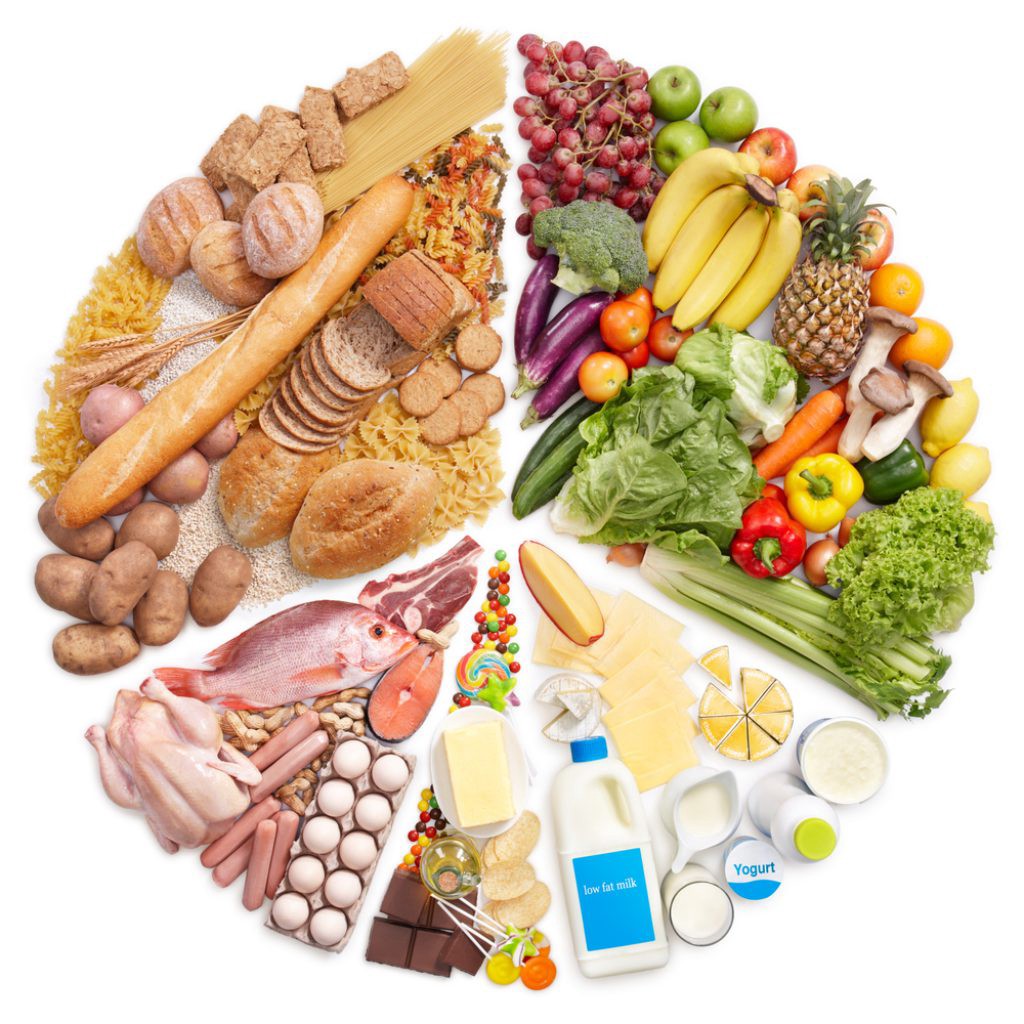Healthy eating is more than just satisfying hunger. It’s the cornerstone of a healthy lifestyle. A healthy diet is essential to maintaining good health, and it can prevent chronic diseases. This article explores the physical, mental and emotional benefits of eating healthily.
Introduction
Eating healthily is not just a trend. It’s an important lifestyle choice. A balanced diet has many benefits, from physical health to mental clarity to emotional well-being. This comprehensive guide will explore the many benefits of eating healthily, backed up by scientific evidence.
Physical Benefits
1. Weight Control
Eating healthy can help you maintain a healthy body weight. A diet rich in fruits and vegetables, lean protein, and whole grains regulates calories, promotes satiety and reduces overeating. Regular physical activity and a healthy diet promote weight loss and help reduce obesity-related diseases such as heart disease, type 2 diabetes and joint problems.
2. Reduced risk of chronic diseases
A healthy diet can reduce the risk of chronic illnesses such as:
- Heart Disease: Eating fruits, vegetables and whole grains along with lean protein helps to lower cholesterol, regulate blood pressure and improve heart health.
- Type II Diabetes: Foods high in complex carbohydrates and fiber stabilize blood sugar, reducing insulin resistance and the risk of type 2 diabetes.
- Cancer: Foods rich in antioxidants like berries and leafy greens can protect your cells and lower the risk of developing cancer.
- Osteoporosis: Calcium and vitamin D intake is important for bone health. It also reduces the risk later in life of osteoporosis.
3. Improved Digestive Health
Constipation can be prevented by a diet rich in fiber. Whole grains, fruits and vegetables, legumes, and other fiber-rich foods help maintain bowel regularity, as well as a healthy microbiome in the gut. This in turn increases nutrient absorption, and reduces the likelihood of gastrointestinal disorders like diverticulitis or irritable-bowel syndrome (IBS).
4. Enhance Immune Function
Foods rich in nutrients provide vitamins, minerals and antioxidants essential for a healthy immune system. Fruits, vegetables, seeds, nuts and zinc are rich in vitamins C and E. They also reduce inflammation and help protect you from infections and illness.
5. Increased energy levels
A balanced diet, which includes complex carbohydrates, healthy fats, and lean proteins will provide you with energy all day long. Foods rich in nutrients fuel cells, boost metabolic processes and improve physical performance. They combat fatigue and promote overall vitality.
Benefits for the brain and cognitive function
1. Improved cognitive function
Healthy eating rich in antioxidants and omega-3 fatty acid (found in salmon, walnuts and other fatty fish) supports cognitive function and brain health. These nutrients improve memory, learning, and concentration abilities. They also reduce the risk of cognitive decline with age.
2. Mood Regulation
Eating can have a direct impact on our emotional and mental well-being. Whole foods, complex carbohydrates, and lean proteins help stabilize blood sugar and neurotransmitter levels in the brain. This helps to promote a balanced mood and reduce irritability. It also supports mental resilience in the face of stress and anxiety.
3. Reduced Risk of Mental Disorders
A diet high in fruits, vegetables and whole grains may reduce the risk of mental disorders like depression and anxiety. These foods contain nutrients and phytochemicals that are important for neurotransmitter production, neural communication and neuroplasticity.
Emotional and social benefits
1. Self-esteem
A healthy diet is important for overall wellbeing and self-esteem. We feel more productive and energetic when we nourish our body with healthy foods. Positive self-image goes beyond physical appearance and includes mental and emotional resilience.
2. Enhance Quality of Life
A variety of healthy food promotes longevity and improves the quality of life. A nutritious diet can help people age with independence, while reducing their risk of chronic disease and improving overall health.
3. Positive Interactions
Sharing meals with friends and family strengthens bonds and fosters social relationships. Meals that are centered on nutritious foods promote a sense community, enjoyment and shared values related health and wellbeing.
Health Tips: Practical Advice for Eating Well
1. Focus on Whole Foods
Select whole foods that are minimally processed over refined and highly processed options. Include plenty of vegetables, fruits, whole grains, healthy fats, lean protein, and whole grains in your meals.
2. Practice Portion Control
Even when eating healthy food, pay attention to the portion size to avoid overeating. Listen to your body and use smaller plates and utensils.
3. Stay Hydrated
Water is essential for digestion, metabolism and hydration. Choose water, herbal teas or infused water over sugary drinks.
4. Plan your meals and prepare them
Plan ahead to avoid unhealthy last-minute choices and ensure balanced nutrition. Use meal-prepping techniques and prepare meals in bulk when you can to save time on busy weekdays.
5. Be Careful about Snacking
Choose healthy snacks such as fruits, vegetables, nuts, yogurt or crackers made from whole grain. Choose whole foods that will provide you with sustained energy instead of sugary snacks.
Conclusion
Eating healthy has many benefits that go beyond physical health. They include mental clarity, emotional wellbeing, and quality of life. Adopting a diet rich in fruits and vegetables, whole grains and lean proteins and healthy fats can improve health, reduce chronic disease risk and increase cognitive and emotional resilience. By incorporating practical tips on healthy eating into your daily routine, you can support long-term goals for health and cultivate a positive relationship to food. Prioritizing healthy eating habits will ultimately lead to a happier, healthier and more fulfilled life.




